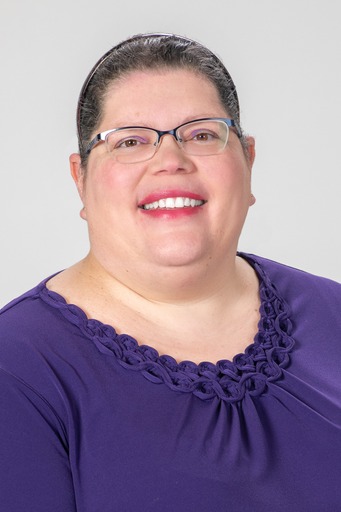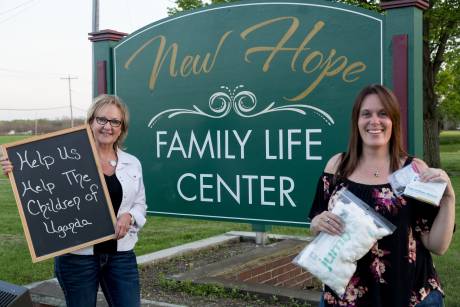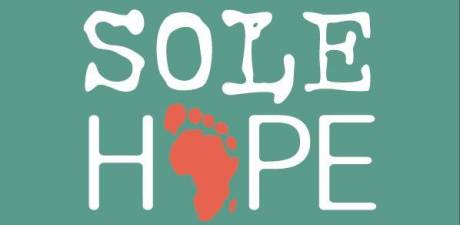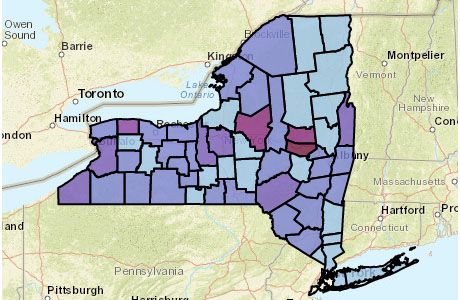Schumer proposes bills to help safeguard children's privacy when online
Press Release:
U.S. Senate Majority Leader Charles E. Schumer today announced he will bring the Kids Online Safety Act (KOSA) and the Children and Teens’ Online Privacy Protection Act (COPPA 2.0) to the Senate floor for a vote. Schumer, who for months worked with families & advocates to garner support for this legislation, explained these bipartisan bills represent some of the most robust federal tech reforms for children in decades, and will institute a set of safeguards, accountability, and privacy measures that shield children in New York and across the country from the harms created by social media companies and other online platforms. You can watch Schumer’s remarks announcing this on the Senate floor here.
“Children and teens have been subjected to online harassment, bullying, and other harms for far too long. This legislation will require social media companies to design their products with the safety of kids and teens in mind, bans targeted advertising to kids, provides parents with tools to protect their kids and gives families more options for managing and disconnecting from these platforms,” said Senator Schumer. “Over the past few months, I’ve met with families from across New York and the country who have gone through the worst thing a parent could endure – losing a child. Rather than retreating into the darkness of their loss, these families lit a candle for others with their advocacy to better control social media and online excesses. I am proud to work side-by-side with them to better protect our children online and on social media.”
The Kids Online Safety Act (KOSA) will create more requirements for platforms to create a safe online environment for kids and teens. The bipartisan bill will:
- Require platforms to give kids and teens the option to protect their data and opt out of algorithmic recommendations.
- Allow parents to control how their kids’ information is used and require platforms to create a dedicated channel to report harmful behavior.
- Obligate platforms to prevent and mitigate dangers to minors by limiting the promotion of harmful behavior such as suicide, eating disorders, substance abuse, and sexual exploitation.
- Require independent audits to research how social media platforms impact kids’ and teens’ mental health and well-being.
The Children and Teens’ Online Privacy Protection Act (COPPA 2.0) strengthens online privacy protections for kids and teens. The bipartisan bill builds on the original Children and Teens’ Online Privacy Protection Act signed into law in 1998 which created protections for children under the age of 13, and will:
- Prohibit internet companies from collecting data from users under the age of 17 without their consent, increasing the age from COPPA’s legislation.
- Ban advertising that targets kids and teens.
- Revise the requirement established in COPPA that obligates platforms to protect kids and teens if they have “actual knowledge” of their age, instead covering all platforms that are “reasonably likely to be used” by kids and teens.
- Require companies to allow the deletion of data for kids and teens when possible.
- Establish a “Digital Marketing Bill of Rights for Teens” that limits how data is collected from teens.
- Create a Youth Marketing and Privacy Division at the Federal Trade Commission.
Schumer has been a leading advocate for kids’ online safety and for months worked to overcome issues, senators blocking the bill, and address unintended consequences of the bills. Now, Schumer is moving both bills forward in the Senate after working tirelessly to secure bipartisan support, with a vote possible as early as this week.
The U.S. Surgeon General last month released an advisory about the impact of social media on youth mental health. The advisory revealed that youth who spend more than three hours each day on social media are twice as likely to experience poor mental health outcomes such as depression and anxiety, which is concerning because a study from 2021 showed that 77% of high school students in NYC spend an average of three or more hours each day in front of screens on school days.
According to the Surgeon General’s advisory, 46% of youth said that social media makes them feel worse and 95% of young people reported using a social media platform, with more than one-third saying they used social media constantly. In addition, the report said that social media use is related to poor sleep quality, body dissatisfaction, disordered eating behaviors, social comparison, and low self-esteem. A Pew Research study from March 2024 also showed that 44% of teens said that their smartphone made them feel anxious and only 30% of teens said it helped their peers develop social skills.
A Wall Street Journal investigation showed that TikTok was showing minors hundreds of videos about drug use, and at least 20 children died as a result of an online social media challenge between Spring 2021 and Fall 2022. These experiences demonstrate the harmful impacts of social media on kids and teens and highlight the need for stronger legislation like what is being brought to the floor this week.






